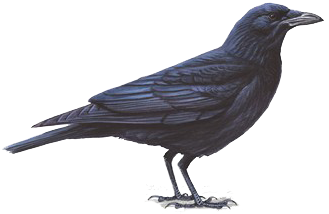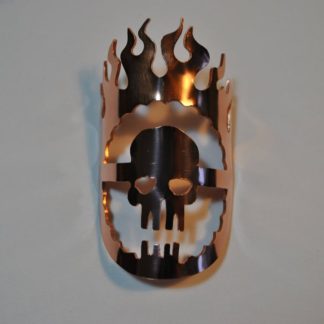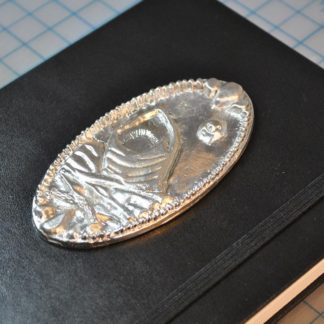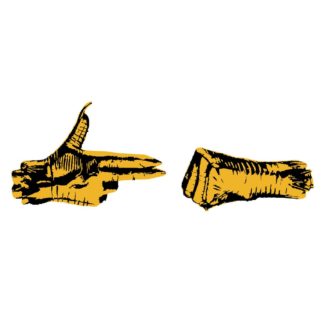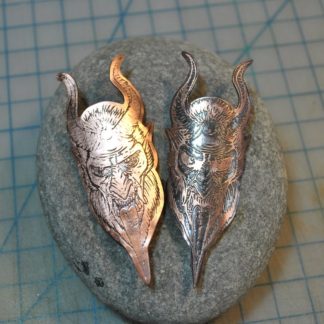This post is part of the online serial novel “Future Crash” if you are looking for other chapters click here.
For other projects on this website such as metal working click here.
Feedback is greatly appreciated. Future Crash the novel updates Mon/Wed/Fri.
A hurricane is an engine. Like any engine it needs fuel, in this case heat. Hurricanes feed on warm water, without it they die. There was no shortage of heat off the eastern continental coast of North America. For months now the oceans had been baking under an unrelenting sun. Heat that used to be reflected back into space, was instead bouncing right back. The end result of a snugly warm CO2 blanket pulled up tight by humanities fossil fuel habit.
The shallow oceans off the coast would have felt like a warm bath had you been unlucky enough to be taking a dip in them. Unlucky, because at that moment hurricane Ophelia was doing something that had never been recorded. Something that surly would have killed you had you been close enough to watch.
Ophelia, a modest cat 2 storm had been sitting as if stalled just off the cost of North Carolina for several days. She had almost died after traveling over Cuba, the high hills of that tiny island stealing almost all of her heat. But she had found the Gulf Stream and had drunk deep of its nourishing warmth.
She was swelling, radar reports would later show that she went from a cat 2 to a cat 5 in less than 24 hours. It wasn’t common, but hurricanes had done that before. Ophelia then did something no one had ever witnessed.
Young Peter, a hurricane that seemed to be on a trajectory to kiss the south west and then die out in the cool waters south of Greenland, never saw it coming. Ophelia bloated and fat from her feast of heat started to move northward at a furious pace. When she touched young Peter her giant arms pulled him to her bosom and she swallowed him whole. The eyes of the two storms doing a swirling dance before merging into one giant spot.
Ophelia was now the largest storm ever recorded.
“Come on Q, you can’t give up yet we are almost to Worcester” She pronounced it ‘wustah’.
I was exhausted. For two days we had been pedaling west, following back roads and staying off the radar. What was I thinking, ride our bikes to Ohio? We had only gone only 50 miles in two days; I was out of my god damn mind.
“Lets rest for a while Rain, I really need a break.” It came out between huffs.
I had been eating, sleeping even, but you don’t just become an athlete in two days. It hurt all over, my legs felt like wet noodles. My hand’s had blisters, my skin burnt in the sun, my spine creaked and popped, and my feet ached where the pedals dug into them.
“Fine, we stop at the next gas station. For an hour.” Rain’s facial expression made it clear she had never traveled this slowly on a bike in her life.
I limped slowly to the next gas station. Miraculously it was open. They had stopped selling gas; the high price had driven most gas stations out of business. Instead of going out like the competition this station’s covered awning now protected a small farmers market, and the garages had been converted to a small grocery store. People, it seems, will adapt.
The former waiting room still had a TV, and a place to sit down. That’s where we learned about what was happening on the coast.
When Rain and I got to the television we had to stand in the back as it seemed that everyone in the place was watching the screen.
“Jesus…” I looked up to see what Rain was looking at.
“Oh god.” I was not religious, but could think of nothing else to say.
Ophelia, now outside of the limit of most instruments to measure, was pushing up the east coast, she shepherded before her the now category 4 Martha and Ned. Both seemed to be doing their best to outrun the massive storm behind them. They needn’t worry; she was so big she was literally pushing them forward. It had started raining in Boston that morning, the farthest bands of rain coming off Martha. The city slowly filled with water.
Boston wasn’t always as big as it was now. It was originally built on a small peninsula that jutted out into the ocean. In the latter half of the 19th century the leaders of Boston began filling in the swamps surrounding the city. Twenty four hours a day seven days a week trains came to drop off fill from all over the east coast. For 25 years they filled in swamp, more than doubling the size of the original peninsula. Something they would have never been able to get passed the EPA today. The end result is that most of Boston was now just above sea level.
Martha, through some cosmic fluke, managed to smash directly into Martha’s Vineyard, her massive storm surge destroying almost every single building on the entire island. In one fell swoop billions of dollars in mansions and vacation homes were washed into the ocean. Ned wobbled a little, missing the islands, slamming instead into Cape Cod.
Cape Cod, home to almost 2 million people during the height of tourist season, has only two small bridges that lead on or off the narrow spit of land. Residents and tourists enjoying the unusual winter warmth were frantic to get off the Cape. Lines of cars stretched for tens of miles. As soon as the winds hit 75 Mph the National Guard closed the bridges to keep cars from blowing off. The death toll was horrific.
Martha and Ned hit the cape like freight trains. Cape Cod, home to rich politicians, champions of industry, and some of the biggest vacation homes in the world, a veritable showcase of wealth and privilege, was now indistinguishable from any war zone on the planet. Trees were smashed to splinters; boats were thrown miles inland, cars tossed about like children’s toys. Everything along the southern coast was simply gone.
The Cape had stopped Martha and Ned, both storms degraded into a sloppy rainy mess. Behind them, just hours later, came Ophelia.
